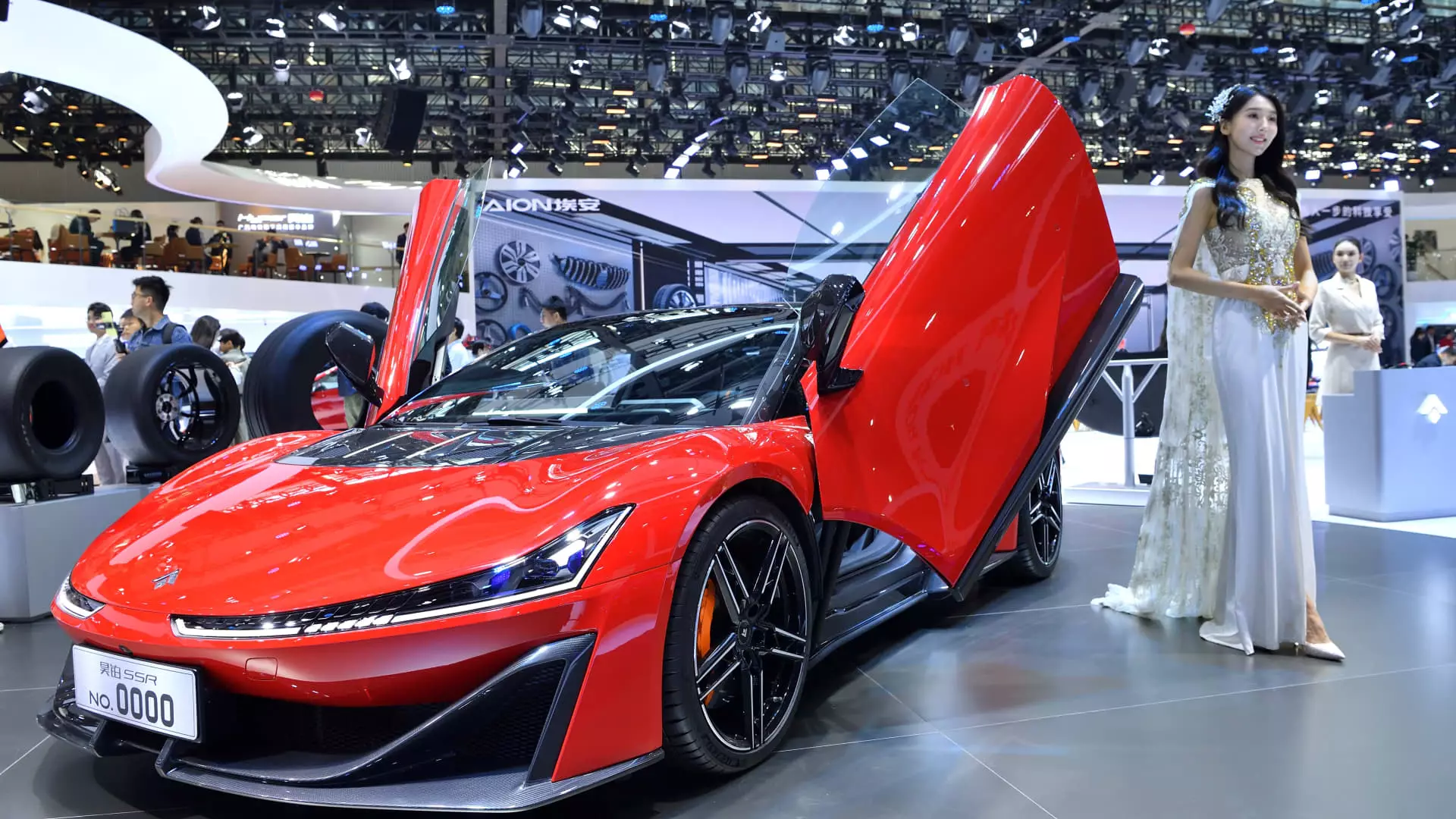The automotive industry is undergoing a significant transformation, with Chinese automakers poised to dominate the global market by 2030. A recent report by AlixPartners predicts that Chinese automakers will achieve a 33% market share by the end of this decade, representing a significant increase from the current 21% market share. This growth is expected to be primarily driven by sales outside of China, which are projected to increase from 3 million vehicles this year to 9 million vehicles by 2030.
The rapid expansion of Chinese automakers is causing concern among legacy automakers and politicians worldwide. There are fears that the influx of Chinese-made vehicles into international markets will undercut domestic production, particularly in the electric vehicle sector. AlixPartners anticipates that Chinese automakers will expand their presence across all regions, with the exception of Japan and North America, where stringent safety standards and import tariffs pose challenges.
In North America, Chinese automakers are forecasted to capture only a 3% market share, primarily in Mexico. However, in regions such as Central and South America, Southeast Asia, and the Middle East and Africa, the share of Chinese automakers is expected to grow exponentially. Additionally, Chinese automotive brands in China are projected to increase their market share from 59% to 72% by 2030.
Legacy automakers like General Motors have faced significant competition from Chinese automakers due to cost advantages, localized production strategies, and tech-enabled vehicles. Chinese automakers are able to develop new products in half the time of legacy automakers, mainly by meeting standards rather than overengineering. This efficiency, coupled with a 35% cost advantage for vehicles made in China, poses a significant challenge to traditional automakers.
To remain competitive in the evolving automotive landscape, traditional automakers must rethink their business development processes and accelerate the pace of vehicle development. Chinese automakers are setting new industry standards for speed, cost, and innovation, making it imperative for legacy automakers to adapt to these changes. As Andrew Bergbaum of AlixPartners warns, clinging to outdated business-as-usual principles will only lead to obsolescence in the face of China’s automotive prowess.
The rise of Chinese automakers is reshaping the global automotive market and challenging established players to up their game. With a focus on efficiency, innovation, and market expansion, Chinese automakers are charting a new course for the industry. Legacy automakers must embrace change and adopt a more agile approach to stay competitive in the fast-evolving automotive landscape.

Leave a Reply